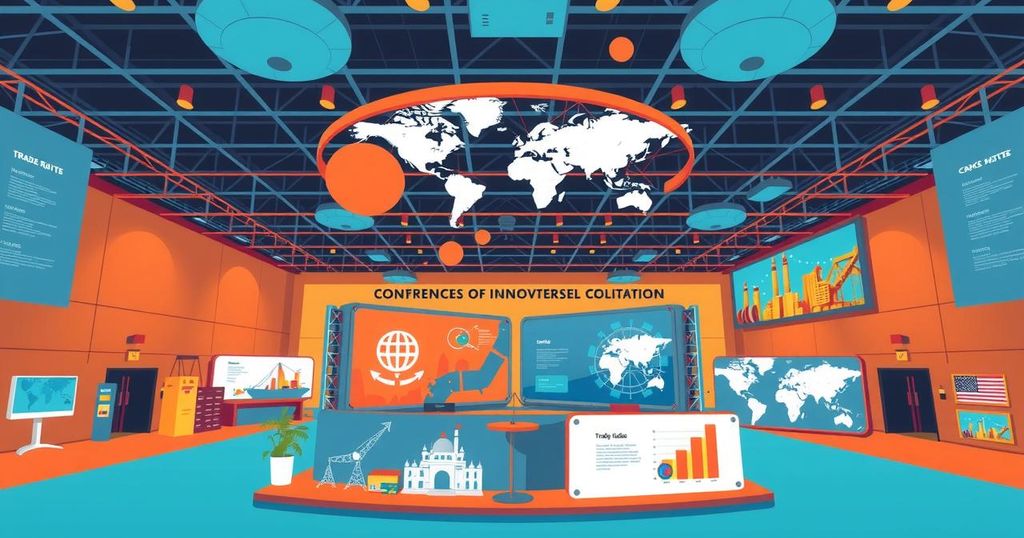Morocco’s Minister of Industry and Trade presented the nation’s experience in creating industrial acceleration zones at the 57th UNECA. High-quality infrastructure and the delegation of management to developers were highlighted as keys to success. Emphasizing export-oriented activities and adequate services, this model may serve as a reference for other African countries.
On Tuesday, March 19, 2025, Morocco’s Minister of Industry and Trade, Riyad Mezzour, presented the country’s efforts in establishing industrial acceleration zones at the 57th UNECA session and the Conference of African Ministers of Finance, Planning, and Economic Development in Addis Ababa. During a round table discussion centered on special economic zones in Africa, which Morocco chaired, Mezzour emphasized the key factors driving this initiative’s success, particularly high-quality infrastructure and the strategic delegation of management of these zones to developers.
Mezzour noted that the effectiveness of special economic zones hinges on granting complete state authority to the zone’s developers. This delegation includes the responsibilities for authorizing construction and economic activities, which must adhere to stringent regulations. Such measures aim to mitigate corruption risks—an impediment to securing investments—and to instill confidence in international investors.
The Minister cited an instance of a factory established in Morocco that requires electricity comparable to that consumed by a town of 500,000 residents and water equivalent to that of a town of 100,000 inhabitants. He revealed that his ministry allocates 40% of its budget to enhance industrial infrastructure, encompassing access to power grids and wastewater management, ensuring investors do not bear the costs of these essential facilities.
Furthermore, Mezzour stressed that special economic zones should focus on export-oriented industries, asserting that a minimum of 80% of operations within these areas should be export-driven. He also underscored the necessity of reliable Internet connectivity for businesses operating in these zones.
Additional participants at the round table affirmed the effectiveness of Morocco’s model in creating industrial acceleration zones, attributing this success to various infrastructure improvements implemented. They suggested that this Moroccan experience may serve as a valuable reference for other African nations aiming to establish their own special economic zones. It is noteworthy that Morocco was unanimously selected to preside over the 57th ECA Conference, with the Kingdom set to host the 58th ECA and Conference of African Finance Ministers in March 2026.
In summary, Morocco’s successful model for industrial acceleration zones is rooted in strategic infrastructure investment and the delegation of authority to developers. This approach fosters a conducive environment for investment by reducing corruption risks while ensuring that industrial needs are met through governmental support. The emphasis on export-oriented activities and essential services, such as Internet connectivity, further enhances the potential for growth within these zones. Morocco’s experience may provide a valuable framework for other African countries pursuing similar initiatives in economic development.
Original Source: www.maroc.ma






